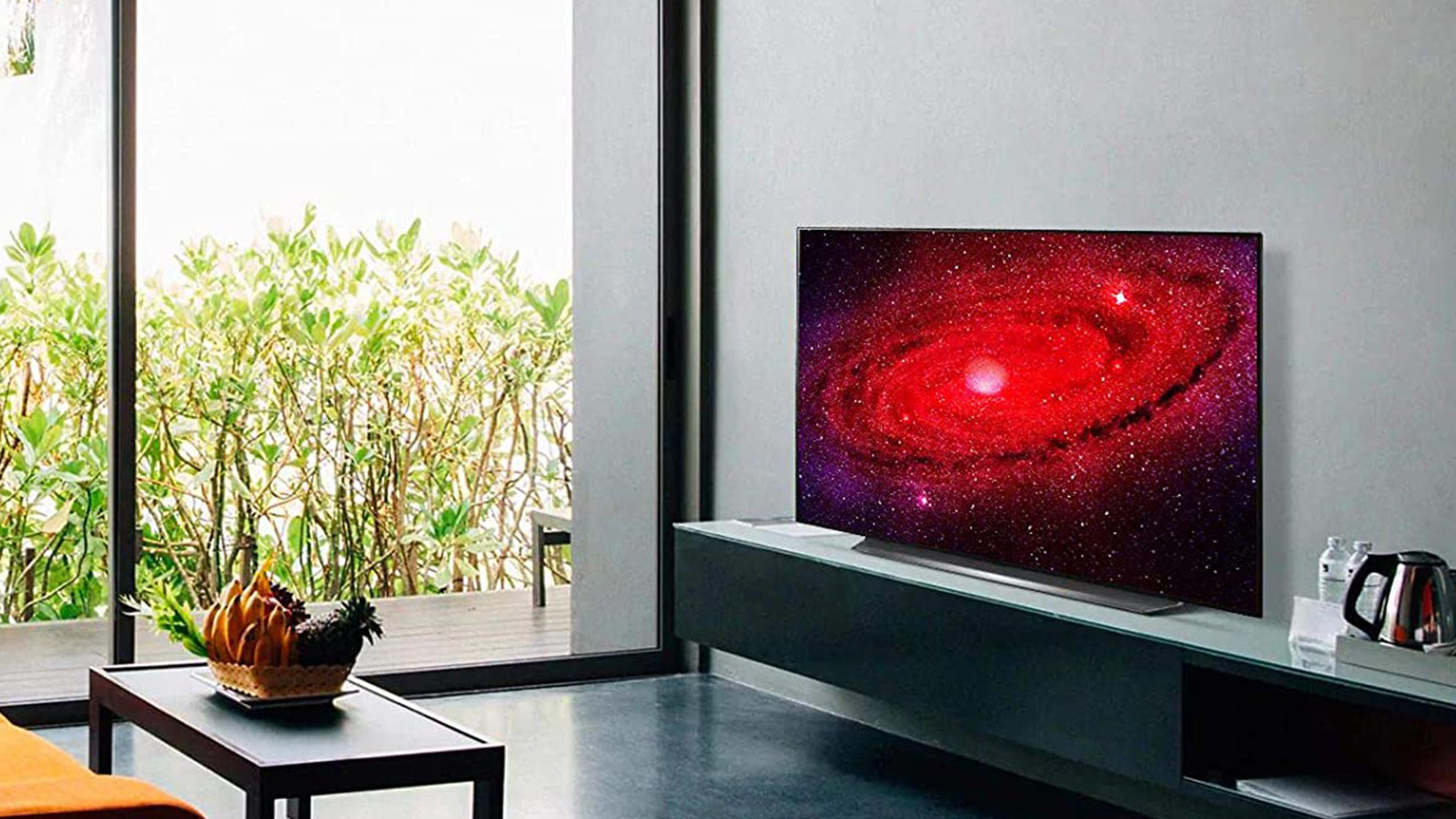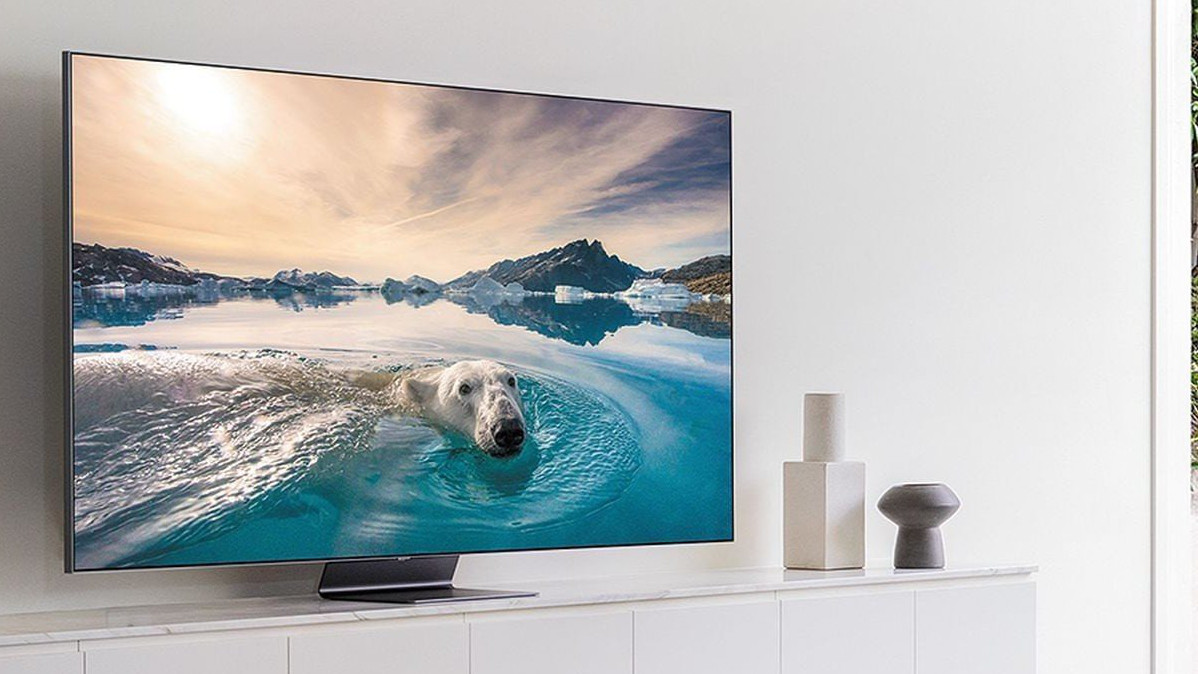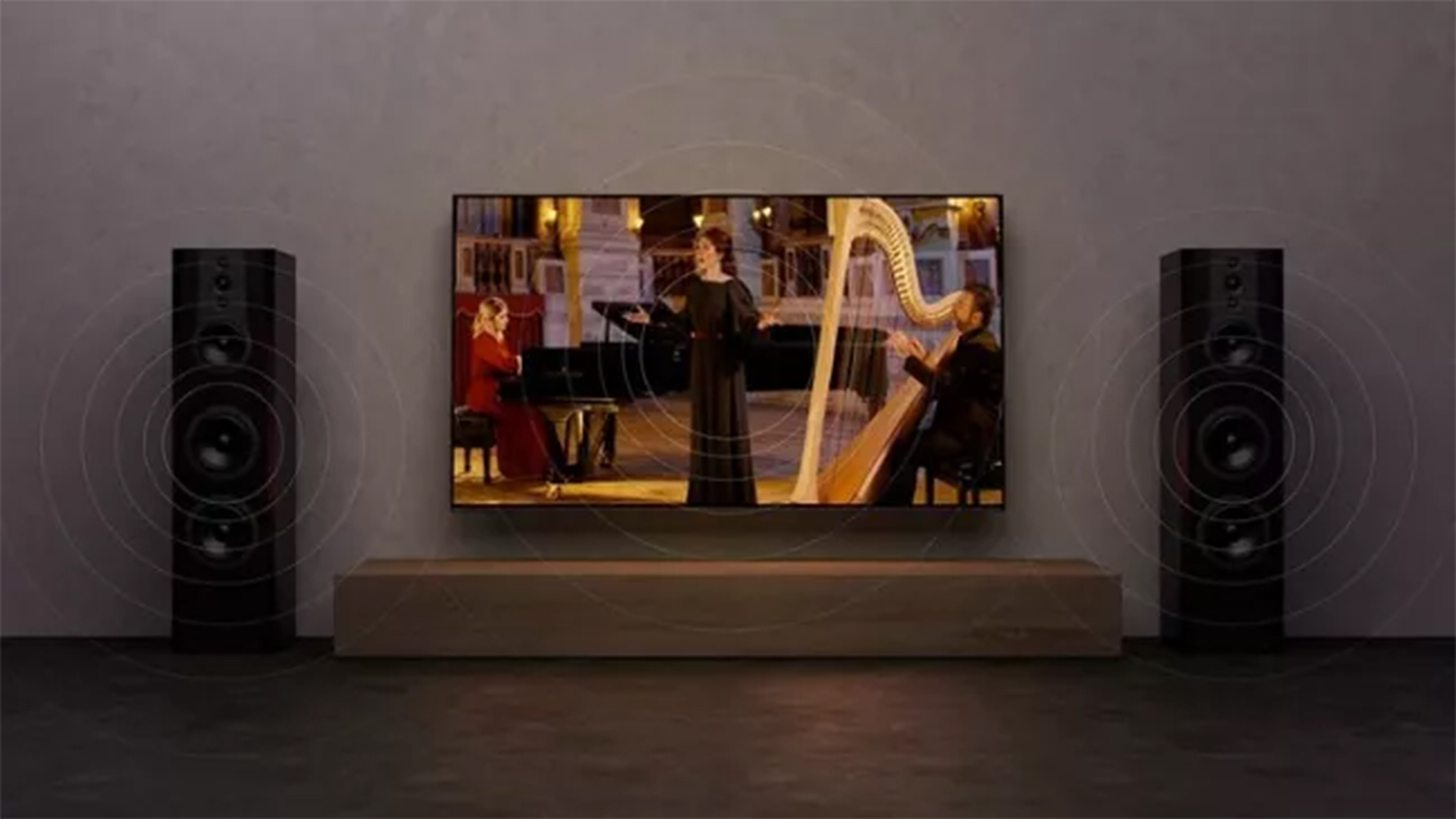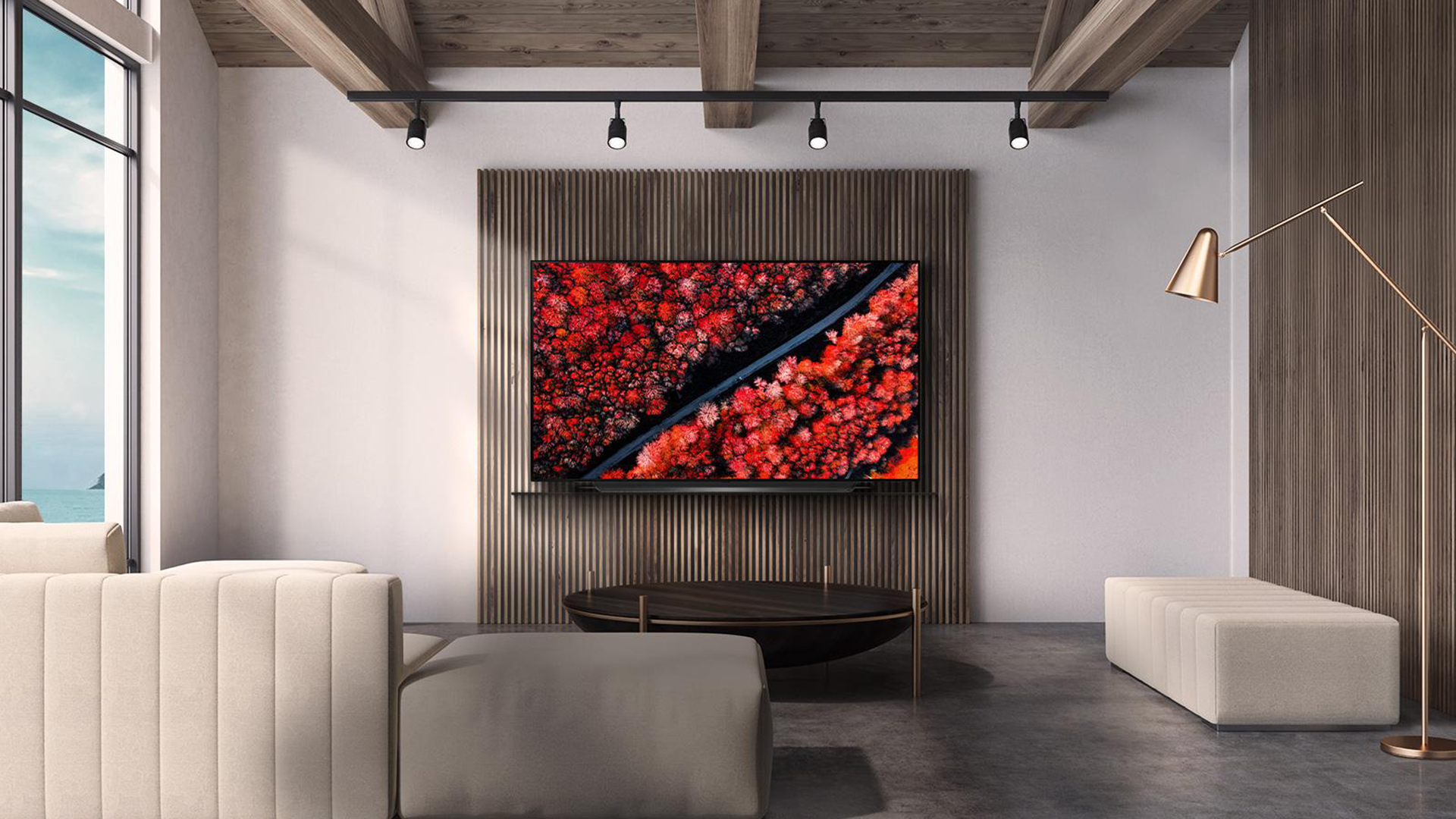OLED vs QLED TV: Which is the best?
The difference between OLED and QLED TVs is about to get a whole lot clearer, but who wins in this battle of OLED vs QLED?

Sign up to receive the latest news, reviews, buying guides and deals direct to your inbox
You are now subscribed
Your newsletter sign-up was successful
OLED vs QLED, which is best? This has been a question on the minds of many a new TV buyer. You may have noticed that our best TVs list this year is dominated by OLED and QLED TVs. That's because they're the best. But is one better than the other?
Both offer stunning images, and as a result represent the higher end of the TV market. Although there are now more affordable options for both, these are going to get you the best image quality so expect to pay a higher price if you want the best end of the format.
While OLED is famous for its rich, inky blacks and bold colors, it's QLED that's making waves for stunning peak brightness. of course, to get the most out of either type of 4K TV, you're going to need to upgrade to the best HDMi cables - cheap or old HDMI cables can result in lesser image quality and lack some of the capabilities that are essential in the latest TVs.
So, OLED versus QLED, which is better? Read on to find out everything you need to know.
OLED vs QLED: How does OLED work?
An OLED TV works by lighting up each individual pixel. Yup, no LEDs on this type of display, despite the name of Organic Light Emitting Diode (OLED). This uses a carbon-based film between two conductors that can be illuminated by passing an electric current through it.
Perhaps a clearer way of describing it is to imagine an egg carton with a gas settled into the spaces (stick with us here). As electricity is passed into each egg hole that one lights up a color and brightness, varying based on the power. Think of those as your individual pixels.
OLED vs QLED: How does QLED work?
QLED stands for Quantum Light Emitting Diodes. This is a newer tech that still uses the older LED style screen illumination but was created to get close to OLED quality without the high cost.
Sign up to receive the latest news, reviews, buying guides and deals direct to your inbox
Samsung came up with the tech which uses a backlight, like most other LED TVs, only now with a quantum dot color filter in front of the backlight. So not new technology really, just tweaked tech.

OLED vs QLED: Which is clearer?
Both OLED and QLED come in 4K and HDR resolutions, which can vary to the eye based on the processing of that particular brand. But what is consistent is the richness of blacks, which can help to create more tone in dark areas rather than just being plain black.
Since many filmmakers use darker shots and low light to create mood, a good black displaying TV can immerse you in a cinematic world more deeply, with more to see, than one which can't manage that.
OLED is hands-down the best format for displaying rich blacks. This is because each individual pixel can be switched on or off. So a white can be next to a black without that black having any light bleed into it. Whereas on QLED screens the backlight can mean there is a little bleed so blacks aren't as true as they were intended to be.
OLED vs QLED: Which is brighter and more colorful?
While OLED wins on the blacks, it's QLED which pushes the limits for brightness. An OLED typically can push out up to 1,000 nits of peak brightness whereas a QLED can hit the 2,000 nits mark.
Why you would want more brightness is the question that then needs to be asked. If you're daytime viewing then more brightness can help. But otherwise it can, in some cases, mean a more overwhelming experience. This could also be called more immersive, depending on how you view screens. Either way, adding more brightness means sacrificing color as that gets watered down by the extra light.

OLED vs QLED: Which is smoother?
For sports and gaming, a TV's smoothness is very important. This can be down to the processing of the image by the TV, varying by manufacturer. But, like with the blacks, OLED does a convincingly better job of producing judder-free images thanks to its innate ability to switch pixels on and off instantly.
OLED offers a refresh rate of as fast as 0.001ms while QLED will be closer to 5.8ms. This means that OLED offers a smoother image with better response times, which also makes it the best choice to pair with your video games consoles. Gaming, and especially online multiplayer gaming, requires good response times so that you're able to react quickly enough based on what you're seeing. Slow response TVs will mean you've been hit before you even see it coming.
OLED vs QLED: Which looks better?
When it comes to design, the nature of OLED once again helps it win out. OLED panels can be produced at a ridiculously slim format of just 2.57mm making them little thicker than your credit card. Of course you still need the processing smarts but these are generally designed into the base, leaving a super sleek and futuristic finish to OLED TVs.
QLED, as a newer tech, has been getting thinner each new iteration but is still a chunkier form with a best in class thinness of 25.4mm. These still have the edge-to-edge display finish of most TVs, so they look great, they're just a little larger and chew through more power while making more noise.

OLED vs QLED: Which is cheaper?
OLED has been prohibitively expensive for years. This is because the process of making them means only a certain percentage of the panels made actually survive – meaning lots of costly waste for the panel makes. As this has been refined over the years, pricing has dropped. Now you can pick up an OLED TV for just over $1,000.
QLED was made to offer a more affordable option. Yet for a decent QLED TV you're still going to be paying around the $1,000 mark, though there are cheaper options out there too.
OLED vs QLED: Which should you choose?
If you can afford OLED then that is the choice that will offer you better colors, richer blacks, faster refresh rates, lower running costs and a better looking finish.
But if you need a bright TV, where size and refresh rates aren't much of an issue, then QLED is still the best option over other LED TVs out there.
There is talk of QLED TVs in the future becoming self-emissive, like OLED, which could change the battle ground. But for now OLED is still king of quality.
Luke is a veteran tech journalist with decades of experience covering everything from TVs, power tools, science and health tech to VPNs, space, gaming and cars. You may recognize him from appearances on plenty of news channels or have read his words which have been published in most tech titles over the years. In his spare time (of which he has little as a father of two) Luke likes yoga, surfing, meditation, DIY and consuming all the books, comics and movies he can find.

